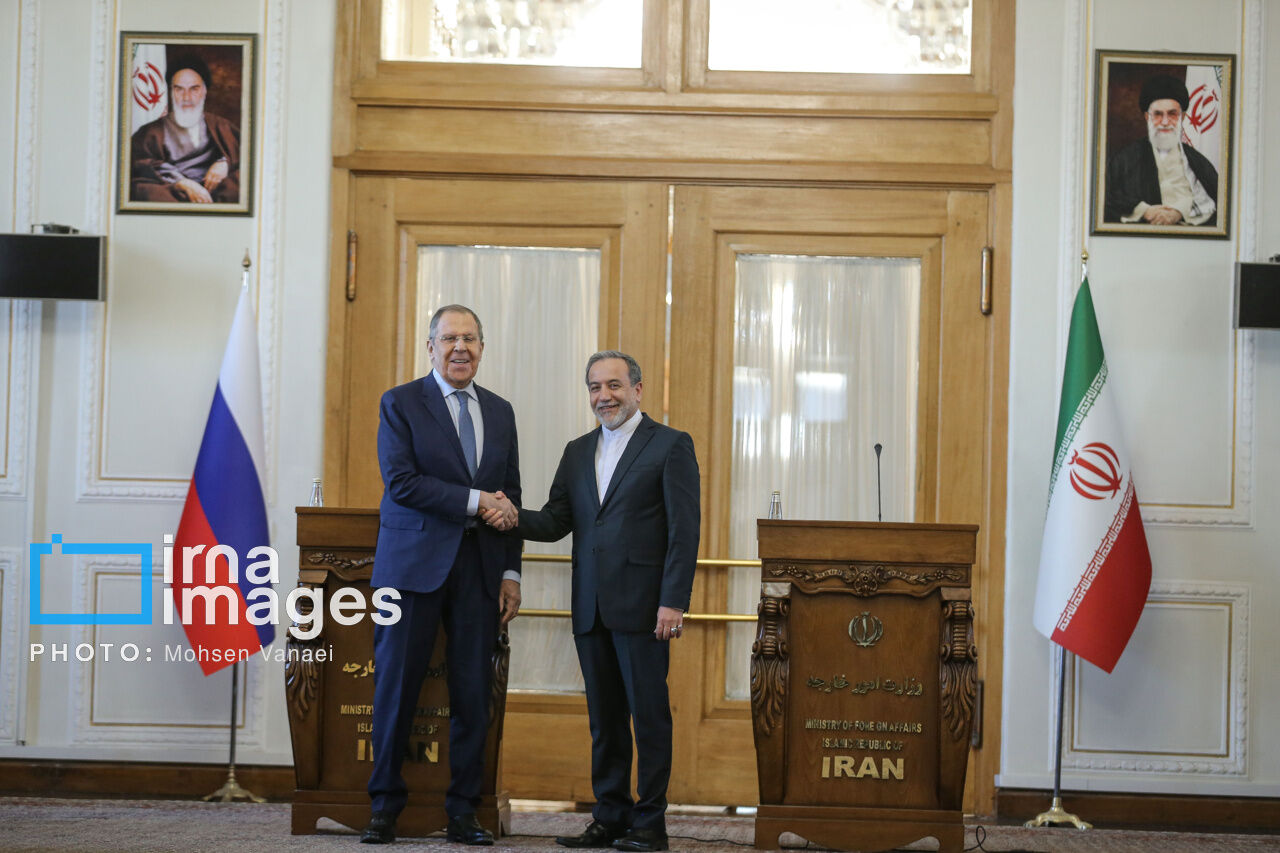
Similar Posts
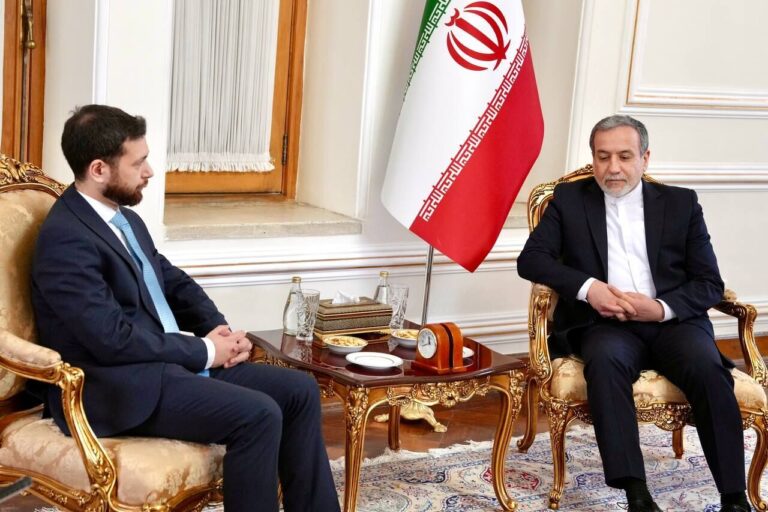
Iran’s FM Araghchi: Strengthening Strategic Relations with Armenia is a Top Priority
Iranian Foreign Minister Abbas Araghchi emphasized President Masoud Pezeshkian’s commitment to strengthening bilateral relations with Armenia during a meeting in Tehran. He highlighted the existing strong ties and extensive cooperation between the two nations across various sectors. The discussion included Armenia’s commitment to peace and security in the South Caucasus, as well as a focus on fostering good neighborly relations. The Armenian deputy foreign minister appreciated Iran’s supportive stance on regional developments, indicating a mutual interest in continuing and expanding the partnership between Iran and Armenia. This meeting underscores the ongoing collaboration and shared goals of both countries.
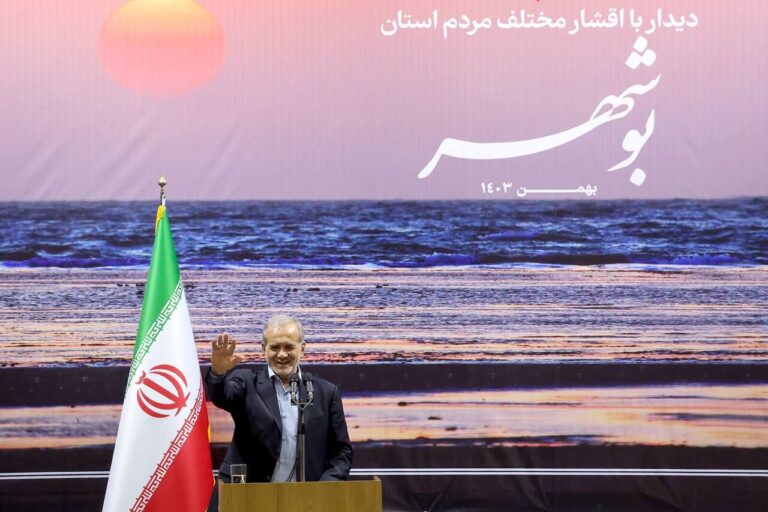
President Pezeshkian Stands Firm: ‘I’m Here to Stay’ Amid Resignation Rumors!
President Masoud Pezeshkian recently denied rumors of his resignation, emphasizing the need for unity among citizens to strengthen the nation. Speaking in Bushehr, he expressed his commitment to honor Islam and Iran, stating he never sought the presidency. Pezeshkian criticized U.S. President Donald Trump for his accusations against Iran, highlighting the hypocrisy of U.S. actions that threaten Iranian stability. He questioned Trump’s negotiation commitment, asserting that Iran does not desire conflict but will not succumb to threats. His message focused on peace, collaboration, and a steadfast commitment to national pride amid geopolitical tensions.
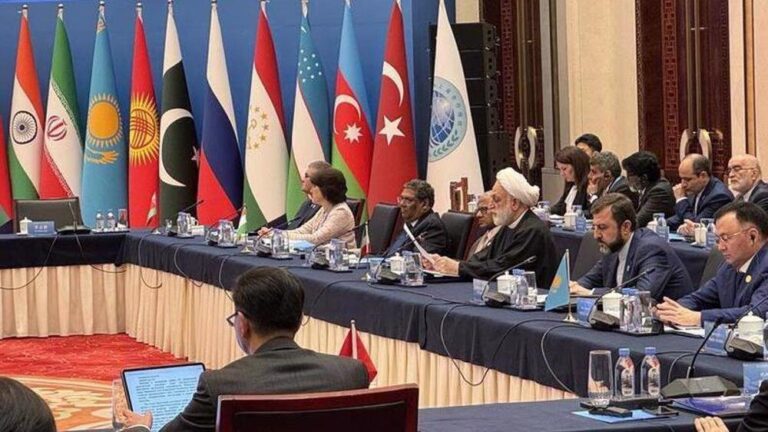
Iran Unveils Bold Legal Strategy to Strengthen Its Position in the SCO Amidst Growing Challenges
Gholamhossein Mohseni-Eje’i opened the 20th Meeting of Heads of Judicial Systems of SCO member states in Hangzhou, China, emphasizing the need for enhanced legal cooperation to address global challenges like terrorism, unilateralism, and organized crime. He highlighted the severe humanitarian crisis in Gaza, where recent violence has resulted in over 51,000 casualties, urging collective action against such injustices. Mohseni-Eje’i proposed eight strategic measures to strengthen judicial collaboration, including establishing a judicial information-sharing platform and harmonizing laws against terrorism. The meeting reflects SCO’s commitment to tackling pressing issues and fostering a unified response to threats to peace and security.
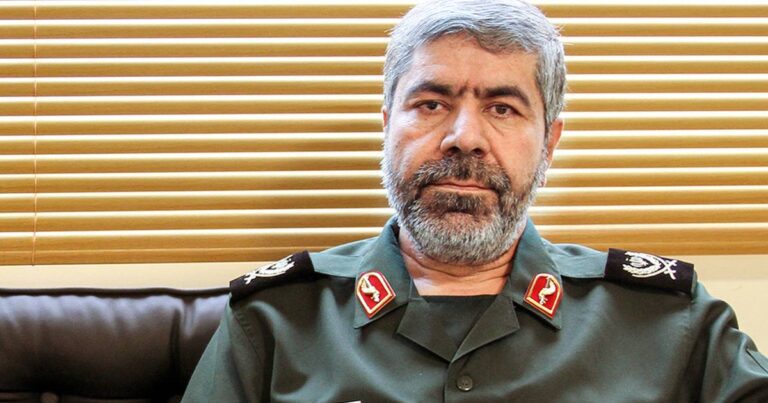
Iran’s IRGC Declares Resilience: ‘We’ve Withstood Trump Before and Will Do It Again!’
Tensions between Iran and the U.S. are escalating as Donald Trump re-emerges in politics, raising concerns about potential sanctions. Ramezan Sharif, spokesman for the Islamic Revolutionary Guards, attempted to alleviate fears regarding Trump’s return, asserting that Iran has faced hostility from all U.S. presidents and can endure it again. Trump’s previous presidency saw the withdrawal from the 2015 nuclear deal and the implementation of a “maximum pressure” campaign against Iran. His new advisor, Massad Boulos, has announced plans to reinforce these strategies, which could lead to increased sanctions and further isolate Iran, impacting its economy and regional influence.
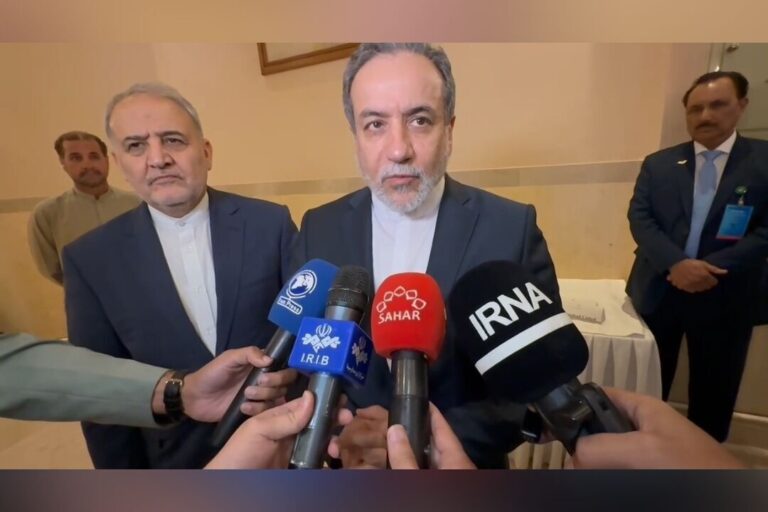
Iran Prioritizes Strong Relations with Pakistan and India, Says Araqchi
Iran’s Foreign Minister Abbas Araqchi emphasized the significance of Iran’s relations with Pakistan and other regional countries ahead of his visit to Islamabad. He aims to enhance bilateral cooperation and address regional issues during his trip. Araqchi highlighted the importance of the Iran-Pakistan relationship and its connections with nations like India. Key objectives include reviewing and improving cooperation, addressing regional tensions, and urging all parties to exercise restraint. His visit underscores Iran’s commitment to fostering positive regional relationships and collaboratively tackling pressing issues.
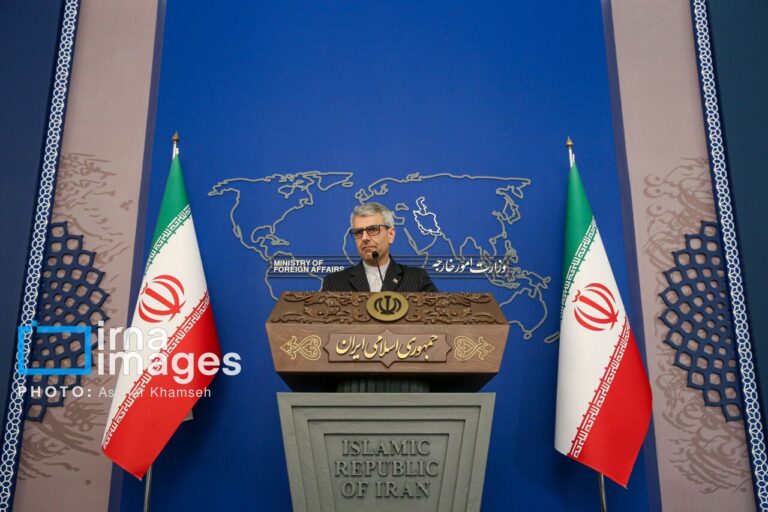
Iran and European Troika Set for Critical Talks in Turkey This Friday, Confirms Foreign Ministry
Iran’s Foreign Ministry spokesperson Esmaeil Baqaei announced a key meeting between senior diplomats from Iran and European signatories of the 2015 nuclear deal, scheduled for this Friday in Istanbul, Turkey. The talks will focus on consultations with Germany, Britain, and France, along with indirect negotiations involving the United States. This marks the fourth meeting of the European troika with Iranian officials regarding the nuclear agreement, following previous delays. Foreign Minister Abbas Araqchi stated that discussions will occur at the deputy foreign ministers’ level, with potential significant implications for future negotiations and diplomatic relations.